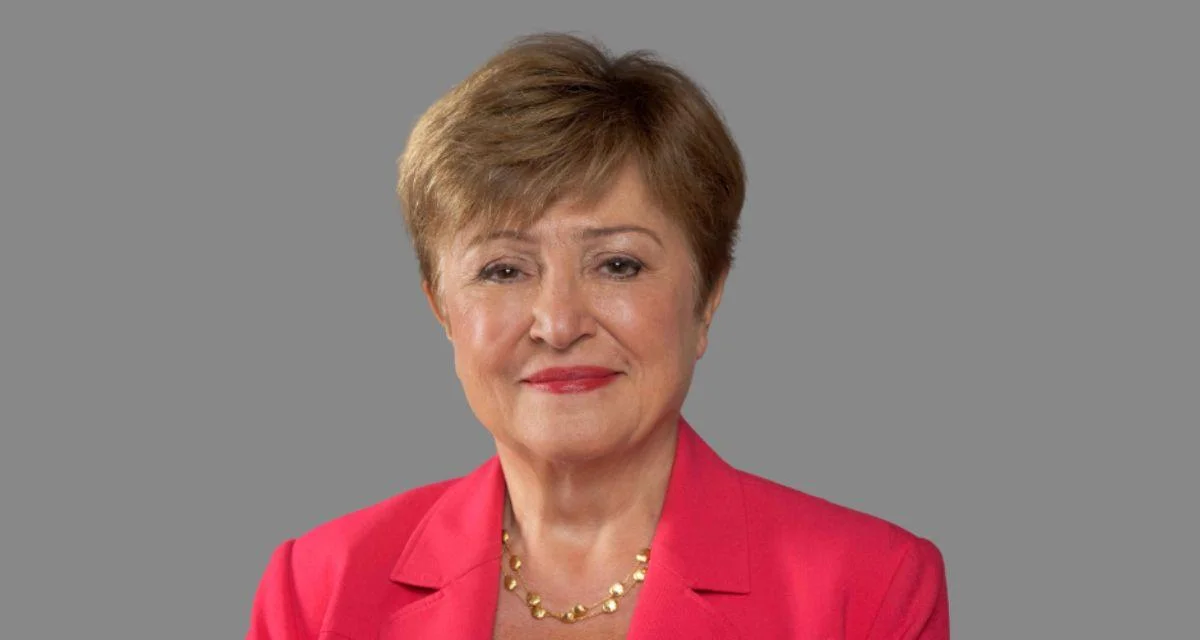The International Monetary Fund (IMF) has approved a new 48-month Extended Credit Facility (ECF) arrangement for Chad. This decision, announced on July 25, 2025, aims to support Chad's economic and structural reforms and address its balance of payment needs. The approved amount is SDR 455.65 million, approximately US$625 million, which constitutes 325 percent of the country's quota. The Executive Board's decision enables an immediate first disbursement of SDR 28.04 million, about US$38.5 million.
This new arrangement is aligned with the objectives of Chad's National Development Plan for 2025-2030 and focuses on three main pillars: ensuring sustainable fiscal policy to finance development projects, increasing targeted social spending for better development outcomes, and improving governance and business climate to promote balanced economic growth.
The program also supports regional efforts to maintain external stability for the Economic and Monetary Community of Central Africa (CEMAC), especially as Chad faces financial pressures from volatile oil prices, refugee influxes, food security crises, diminishing donor support, and a funding squeeze.
Following the discussion at the Executive Board meeting, Deputy Managing Director Mr. Clarke stated: “Chad faces formidable challenges stemming from humanitarian, climate, and security shocks, compounded by volatile oil prices and declining official development assistance.” He added that these factors have intensified balance-of-payment needs and strained public finances.
Mr. Clarke emphasized that the authorities' program aims to achieve macroeconomic stability and support inclusive growth through fiscal sustainability while creating space for development projects. Expanding targeted social spending to address poverty and strengthening governance are key aspects of this plan.
To create fiscal space while ensuring sustainability in implementing the National Development Plan, mobilizing non-oil revenues through tax increases and digitalizing tax administration will be important steps forward. Efforts to contain non-priority spending by streamlining wage bills and strengthening public financial management are also necessary.
Reforms aimed at enhancing social inclusion include expanding biometric identification systems for effective social protection. Governance reforms in sectors like oil are crucial for transparency and accountability.
The IMF acknowledges Chad's commitment to publishing audits on oil revenues and improving oversight of state-owned enterprises as vital steps toward enhanced governance.

